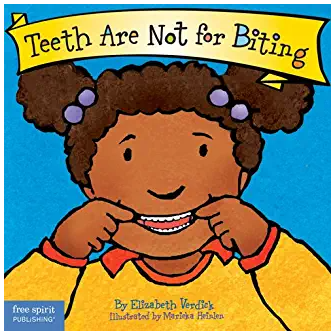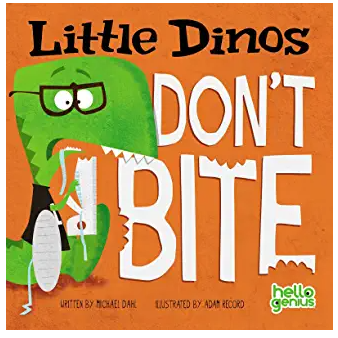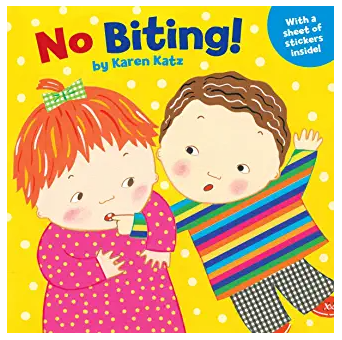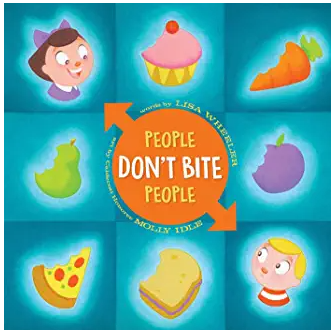Why your child bites
What to (or not) do!
There’s almost always a shocking facial reaction when your child bites you or someone else for the first time.
Breathe ! you are not alone.
My daughter started biting me during breastfeeding. Also, with having brothers much older than she was, she chose biting to guard her territories but she finally stopped through our intervention.
Breastfed babies may bite their parent’s breasts while breastfeeding and based on the reaction the parent gives, they may continue doing it.
In infancy, children discover biting while exploring and if caregivers view it as ‘cute’ and not intervene early, it may continue.
Biting can occur with normal child development but persistent biting can be a sign of emotional or behavioral problems.
Other reasons children bite:
- A way of exploring an object or toy
- Seeking relief for teething
- Get a reaction (or attention) from you or someone
- As a tactic to obtain a toy from a peer during play
- Trying to communicate their emotions
- Response to an exposure to violence or some form of trauma
Most babies and non-verbal children express their feelings and need for attention in several ways. Since they are still lacking the appropriate language skills, they may express emotions such as – frustration, jealousy, fear through biting.

Welcome to Drnkeiru.com
As a pediatrician and mother, I find joy in bringing you great & helpful info on medicine, motherhood and motivation.
Biting is slightly more common in boys; can begin late in infancy and sometimes continue till preschool age. Children and young adults who have some form of developmental delays (e.g autism spectrum disorder) may continue to bite even when they get older.

What NOT to do when a child bites.
- Never bite back or threaten to bite back. This teaches a child aggressive behavior.
- Avoid labeling a child as a ‘biter’.
- Never hit or shame a child who bites.
What to do when a child bites.
- Respond right away in a calm and firm voice “that it is not OK to bite people”.
- Comfort the victim
- Be consistent with your reaction and responses
- Other intervention depends on the cause or scenario of biting (see table below)
| Identified reason | Response/ Intervention |
|
Infant and young child exploring
|
Offer toys that promote chewing or snack to help |
| Teething child | Soothe their pain with meds and give some teething relief items to chew on |
| A frustrated or overwhelmed child? |
-Help them identify their emotions. -Offer them ways to cope (in a relaxing place, offer hugs) – Teach them how to use their words (if old enough to) – “stop, wait, it’s mine) -Consider starting and sticking to a daily routine, which includes rest (in case they were tired).
|
| Seeking reactionary response |
Avoid positive response and be firm Let them know it hurts others in a calm way.
|
| Biting to retrieve a toy from a peer |
-Gently retrieve the toy from the child who bit and limit their use with it. This helps avoid the notion that biting is an effective tactic. -Teach them how to take turns using other scenarios throughout the day |
Adapted from AAP source: https://patiented.solutions.aap.org/handout.aspx?gbosid=548095
For biting occurring in daycare, school or organized settings, the teacher (or coach) should keep a ‘bite’ log/ report (see sample below):
This helps them identify what child bites and triggers. This documented form of observation can help direct necessary interventions in school and at home.
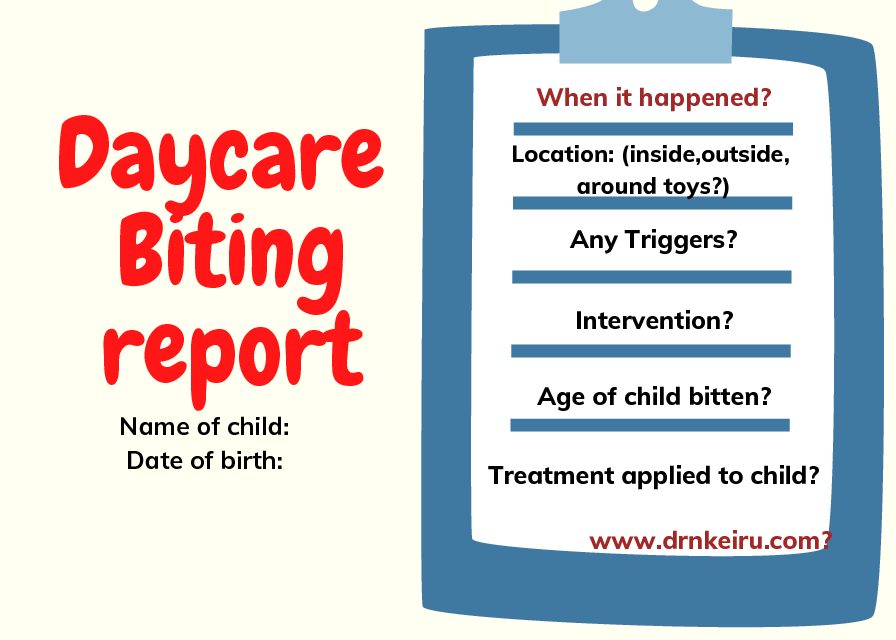
When should you be concerned about your child biting?
- If your child bites him or herself persistently regardless of age. (this may be a sign of medical or behavioral problem)
- If a child continues to bite peers beyond 3 or 4 years of age
- When biting does not decrease over time despite intervention OR strategies aren’t helping
- When an adult is unable to identify reasons for biting
- New-onset biting in an older child (may signify trauma or exposure to violence)
- If a child is developing additional aggressive behaviors in addition to biting
Your child may require referral to a developmental & behavioral specialist or psychiatrist of behaviors persist, to help with appropriate management
What medical care does your child need for a bite wound?
Thankfully, most bites in children are harmless and rarely cause skin breakdown. If your child sustains a bite from a sibling or another child, their need for medical intervention depends on if the skin is broken or not.
- If the skin is not broken, clean with mild soap and water.
- If the skin is broken and bleeding, allow for slight bleeding then control. Clean with mild soap and water. In most cases of bites from children, this is enough for wound care. If the wound is deep or skin peeled, seek medical assistance immediately
- Antibiotics may be recommended depending on the depth and location of the bite injury.
- Confirm your child’s tetanus immunization status and Speak to your child’s pediatrician
Biting in children can be stressful, especially if your child bites in daycare or school.
Work with your doctor to get them help and also be observant because children exposed to trauma communicate in many non-verbal cues such as biting.
Helpful Books to teach about ;No’ biting
You may also like these posts
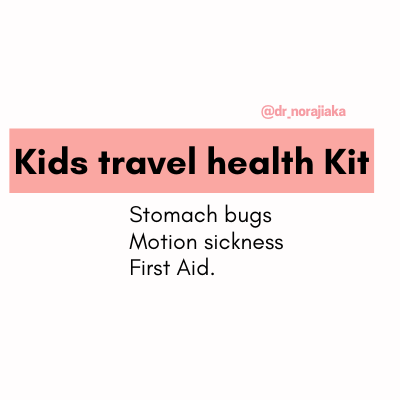
My sick kids travel kit
My 'Sick' kids travel kit -what's in my kit? (this blog contains affiliate links. Links are at no extra cost to you)Kids can get sick while on vacation and as parents we can only...

Poison Prevention Week
Poison Prevention week: Cleaning & laundry packet safety. (in partnership with American Cleaning Institute (ACI)(Remember to watch video at the end) It’s not uncommon for me to come in for my...

Where can you donate breastmilk?
Where to donate your breastmilk.(this blog contains affiliate links. Links are at no cost to you) I had no idea how it worked. I knew people could donate their breastmilk to share with other babies....

